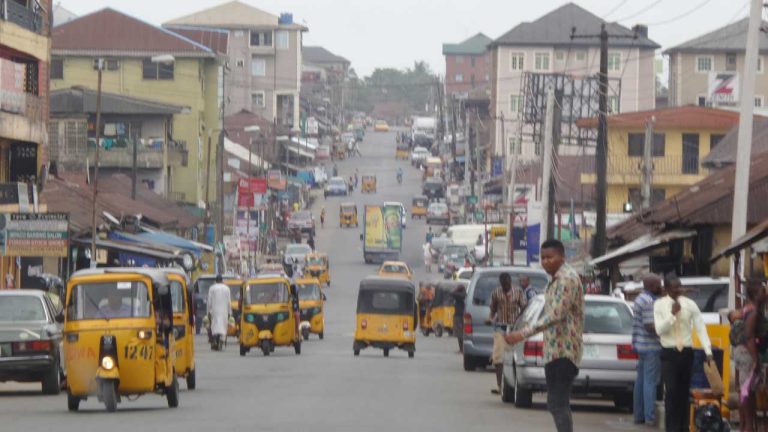The Nigeria Security and Civil Defence Corps (NSCDC) has raised an alarm over imminent flooding in Abia State, urging residents in vulnerable areas to evacuate immediately to safer locations. The Corps’ warning follows flood predictions by the Nigeria Hydrological Services Agency (NIHSA) and the Nigerian Meteorological Agency (NiMET), which forecast above-normal rainfall in several parts of the state.
In a statement released Friday by the Abia State NSCDC Commandant, Dr. Akinsola Aderemi, and signed by the Command’s Public Relations Officer, DSC Doreen Udugwu, the Corps identified nine local government areas at high risk. These include Aba North, Aba South, Ukwa East, Ukwa West, Umuahia North, Obingwa, Ugwunagbo, Isiala Ngwa North, and Osisioma Ngwa.
Dr. Aderemi disclosed that the NSCDC’s Disaster Management Unit has been activated and is working closely with local stakeholders to carry out public sensitization campaigns across all 17 LGAs in the state.
“We are calling on all residents in vulnerable areas to relocate immediately. The risks are real, and preparedness can save lives,” the Commandant warned. “Our officers are on the ground and ready to assist with evacuation and community awareness programmes.”
In support of the NSCDC’s call, the Foundation for Environmental Rights, Advocacy and Development (FENRAD) urged swift and coordinated action by both the government and residents. FENRAD Executive Director, Comrade Nelson Nnanna Nwafor, emphasized the importance of early response measures, including the activation of emergency shelters, clearing of blocked drainages, and dissemination of local warning signals.
“Floods are no longer seasonal surprises; they are predictable disasters. What’s needed now is not just awareness, but action. Communities must prepare, and the government must lead with urgency and empathy,” Nwafor said.
FENRAD advised residents to stay informed through official updates, avoid waterways during downpours, and report abnormal water levels to local authorities. The organization also called on traditional rulers, religious leaders, the media, and civil society groups to play active roles in promoting flood preparedness.


